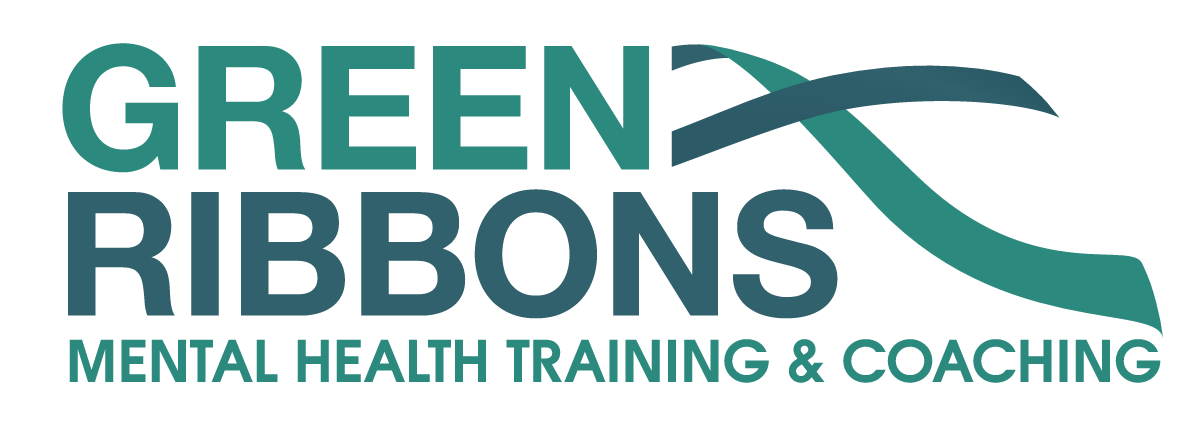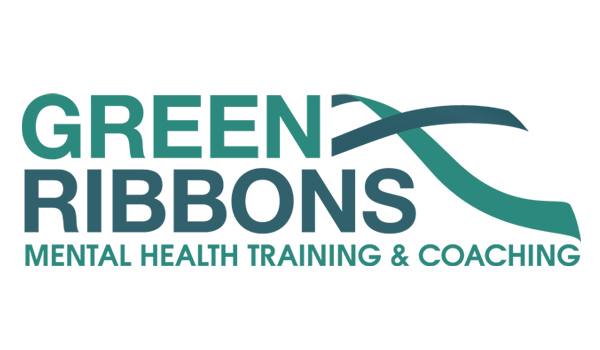Depression : Training Module

This stand-alone course, developed to build upon the successful Scotland’s Mental Health First Aid (SMHFA) program, offers an in-depth exploration of Depression. As a stand-alone course, it is specifically tailored to provide you with the essential tools and knowledge to effectively support those struggling with depression. This comprehensive guide is suitable for a wide range of individuals, from mental health professionals to concerned friends and family members, or even those simply interested in expanding their understanding of this complex mental health condition.
As you progress through the course, you will also discover best practices for engaging with those experiencing depression in a compassionate and supportive manner. This includes learning how to provide immediate, effective first-line support to individuals struggling with depression. The course will guide you through crisis intervention techniques and essential safety measures that can make a significant difference in someone’s life, and familiarise you with available mental health resources and services in Scotland, ensuring that you can assist individuals in accessing the support they need for long-term recovery.
What’s on this page?
Course Basics
- 3 Hour Course
- Groups of 8-16
- Suitable for Businesses, Organisations & Groups
What is: Depression?
Depression, also known as major depressive disorder or clinical depression, is a common and serious mental health condition characterised by persistent feelings of sadness, hopelessness, and a lack of interest or pleasure in activities. It can affect a person’s thoughts, emotions, behaviour, and overall physical health, leading to a range of emotional and physical symptoms.
Symptoms of depression may include: Persistent sad, anxious, or “empty” mood; Loss of interest or pleasure in activities once enjoyed, including sex; Feelings of hopelessness, pessimism, or irritability; Fatigue or decreased energy.
Additional symptoms include: Difficulty concentrating, remembering, or making decisions; Insomnia, early-morning awakening, or oversleeping; Appetite or weight changes; Thoughts of death or suicide, or suicide attempts; Aches, pains, headaches, or digestive problems without a clear physical cause and/or that do not ease with treatment.
Depression can be caused by a combination of genetic, biological, environmental, and psychological factors, and it affects people of all ages, races, and socioeconomic backgrounds. Treatment for depression often involves a combination of psychotherapy (also known as talk therapy), medication, and lifestyle changes. Early diagnosis and treatment can significantly improve the prognosis and overall quality of life for someone with depression.
The Facts & Figures: About Depression
- In the Scottish Health Survey 2019, approximately 15% of adults in Scotland reported symptoms of depression.
- The prevalence of depression was higher among women (17%) compared to men (13%).
- Young adults aged 16-24 years had the highest prevalence of depressive symptoms at 23%.
- According to the Mental Health in Scotland report published in 2020, depression was one of the most common reasons for people to seek help from mental health services.
- The same report also mentioned that the number of people in contact with mental health services for depression increased between 2014 and 2019.
The Problem: Common misconceptions about Depression
Negative & damaging attitudes towards Depression are common: There's something you can do for yourself, your friends, your family and your colleagues...
Depression: Why should you undertake this training?
As a stand-alone course, the Depression module provides essential skills and knowledge that can be applied in various settings, including schools, workplaces, and communities. By participating in this transformative learning experience, you will not only be investing in your own personal and professional growth, but also making a positive impact on the lives of those affected by depression.
The Good news: There is a training module which will enhance your understanding, and foster empathy and support for those experiencing mental health challenges
Three Hour Module: Depression
By participating in the “Depression” module, you will not only gain a thorough understanding of the intricacies of depression, its symptoms, and causes, but you will also learn how to identify early warning signs, approach someone in need with empathy, and provide immediate, tailored support. Furthermore, the course will familiarise you with the available mental health resources and services in Scotland, empowering you to guide individuals towards the professional help they require for long-term recovery.
What does the “Depression” Module Cover?
How does the "Depression" module work?
Duration
The module takes 3 Hours, providing a focussed and comprehensive learning experience.
Small Group Sizes
Classes, of 8-16, are kept small to facilitate personalised attention, encourage active participation, and foster a supportive learning environment.
Interactive Learning
The course features a mix of presentations, group discussions, case studies, videos, and role-playing exercises to ensure a practical, hands-on learning experience.
Confidentiality
Instructors maintain a safe and confidential space for participants to share their experiences and ask questions without judgment.
Ready to find out more? Contact Us Today
Why Train with Green Ribbons?
Unraveling the Threads of Mental Well-being
Green Ribbons is dedicated to delivering high-quality Mental Health First Aid training in Scotland, empowering individuals to recognise mental health challenges, provide support, and foster a culture of empathy and understanding. By tying together knowledge, empathy, and resilience our accessible mental health training promotes understanding, reduces stigma, and enables individuals, businesses and communities to prioritise mental well-being. Everyone benefits from Mental Health Awareness Training
Our Experience
- 30 Years working within the Mental Health sector
- Experience across a range of Third-Sector Organisations
Our Specialties
- Scotland’s Mental Health First Aid (SMHFA)
- Tailored SMHFA Training
- Individual Mental Health Awareness Modules
- One-to-one Training & Coaching
Our Approach
- Empathy & compassion
- Inclusive
- Evidence-based and up-to-date
Our Areas
- Moray
- Highland
- Aberdeenshire
- Aberdeen City
- …across Scotland
07726 780800
Call
Call us for an Informal chat about Scotland’s Mental Health First Aid and Mental Health Awareness Training
- We can discuss how SMHFA can benefit your organisation and explore options
@GreenRibbonsHQ
Socials
- Facebook: @GreenRibbonsHQ
- Twitter: @GreenRibbonsHQ
- Instagram: @GreenRibbonsHQ







